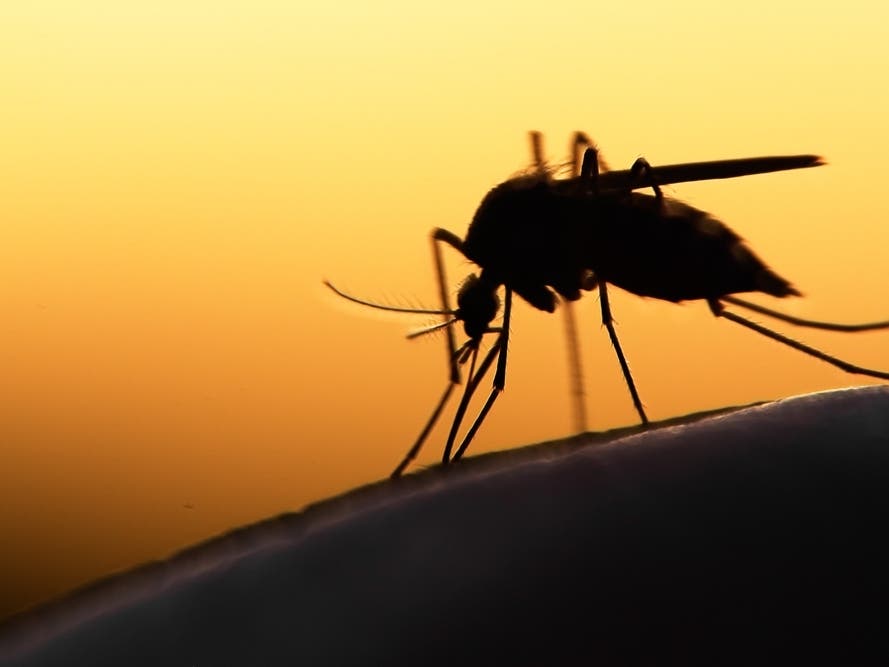Health & Fitness
Mosquitoes Test Positive For West Nile Virus: Lake County Health
The mosquito pools are the first confirmed indicators of West Nile virus presence in Lake County this summer.

LAKE COUNTY, IL — Local health officials are urging residents to "Fight the Bite" after several batches of mosquitoes tested positive for West Nile virus last week in Lake County. According to the Lake County Health Department, mosquito pools tested in Bannockburn, Lake Villa and Vernon Hills tested positive for WNV on June 27, the first confirmed indicators of the virus presence in the county this summer.
"We expect mosquitoes every summer, but it is important to remember that they can also carry diseases like West Nile Virus," said Mark Pfister, executive director of the Lake County Health Department and Community Health Center, in a news release. "By learning to 'Fight the Bite,' we can protect ourselves and our families from a potentially deadly disease."
According to LCHD, 81 mosquito pools tested positive for WNV last year. Since 2002, there have been 79 confirmed human cases of WNV in Lake County, along with at least four confirmed deaths.
Find out what's happening in Deerfieldwith free, real-time updates from Patch.
"While the hot, dry weather results in fewer mosquitoes overall, the Culex mosquitoes that cause West Nile virus are still present," said Alana Bartolai, ecological services program coordinator at the LCHD. "The years with the most cases of West Nile virus have often been during hot, dry summers."
The agency’s mosquito surveillance program coordinates mosquito trapping results throughout Lake County, and mosquitoes are tested weekly for WNV.
Find out what's happening in Deerfieldwith free, real-time updates from Patch.
The LCHD said most people infected with WNV have no symptoms of illness, but some may become ill anywhere from three to 15 days after getting bit by an infected mosquito. Common symptoms include fever, nausea, headache and muscle ache. In some individuals, severe illness including meningitis or encephalitis, or even death, can occur.
People older than 50 and individuals with weakened immune systems are at higher risk for severe illness from WNV, according to LCHD.
The LCHD recommends residents follow the agency's "4 Ds of Defense" when out with family and friends. The four guidelines are:
- Drain standing water from items around your home, yard, and business.
- Defend when outdoors, use an insect repellent containing DEET, picaridin, oil of lemon eucalyptus, 2-undecanone, or IR3535 and reapply according to label directions.
- Dawn and Dusk: Protect yourself all day and night, and wear repellent outdoors during these prime times for mosquito activity.
- Dress: Wear long sleeves, pants, and closed toe shoes when outdoors to cover your skin.
Residents can also help prevent mosquitoes from breeding by eliminating areas of stagnant water from their properties. Items like buckets, gutters and plant containers, kiddie pools, and any other items holding water around homes and businesses can become breeding sites.
Find more prevention tips and information on West Nile virus at www.FightTheBiteNow.com.
Get more local news delivered straight to your inbox. Sign up for free Patch newsletters and alerts.